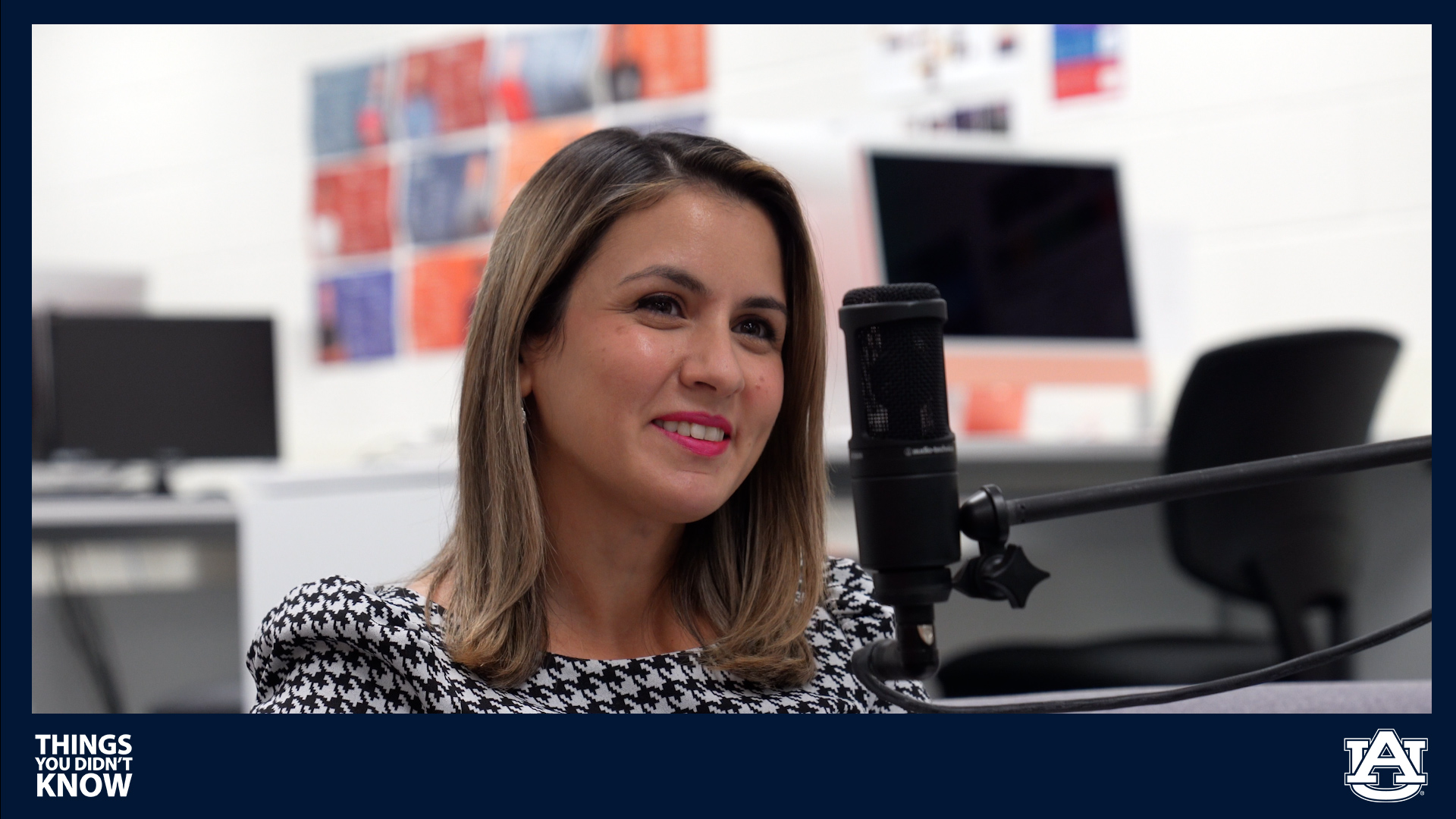Patient care innovation being developed at Auburn

Healthcare providers across the country are overworked and burnout is setting in. An innovative idea is being developed at Auburn University in hopes of pushing the medical technology industry forward and lightening the load for nurses and patient care teams at inpatient facilities.
Dr. Haneen Ali, an assistant professor in both health services administration and industrial and systems engineering, has published multiple articles about her work that could replace the call light systems employed by healthcare institutions across the country.
The innovative idea discussed on the latest episode “about PATIENT CARE” of the “Things You Didn’t Know You Didn’t Know Podcast” proposes to replace the current call light system with smart technology used by millions of Americans every day. The goal of the system is to create quality improvement in healthcare, a concern top of mind for health services administration professionals.
“In the literature, the call light system is called the patient’s lifeline,” explained Ali. “However, it was found that call lights are associated with many ergonomic issues and usability challenges.”
The system Ali has developed and continues to test solves many of these issues by employing touchless technology.
"I was attending a conference and was staying in a hotel room where Alexa was employed,” recalled Ali. “So, whenever the guest needs a towel he says ‘Alexa I need a towel.’ And five minutes later someone shows up with a towel.”
The following week, Ali returned to her team at Auburn and began working on a similar concept to replace the outdated call light systems used in healthcare.
The team has since developed a nurse call system that, using standard smart devices and an impressive algorithm, produced the following results in simulated environments:
- Produced a 40% reduction in call time from patient bedrooms
- Produced a 55% reduction in call time from patient bathrooms
- Improved bed exit alarms by 29% from directly communicating needs
Tags: Research Faculty Political Science






